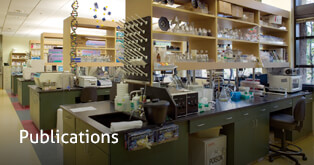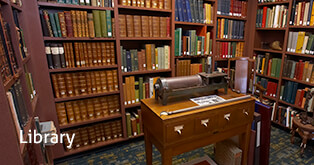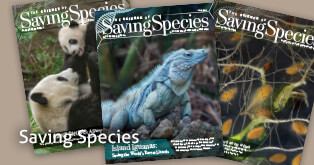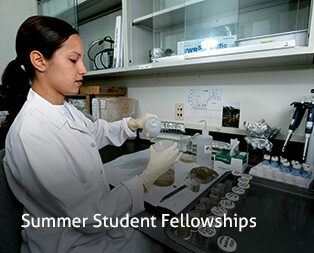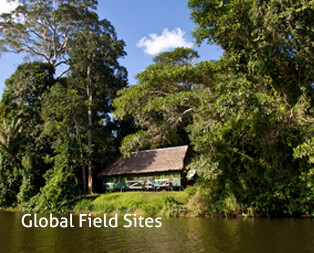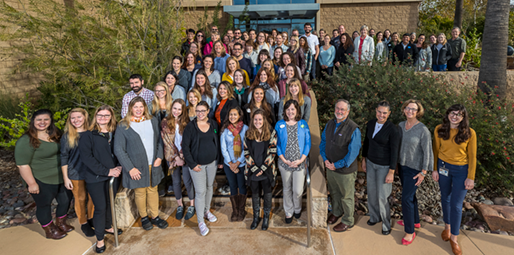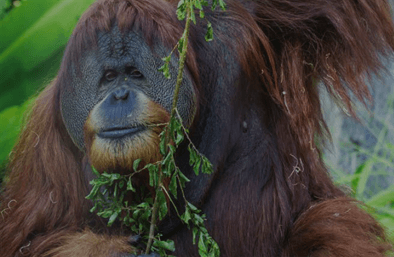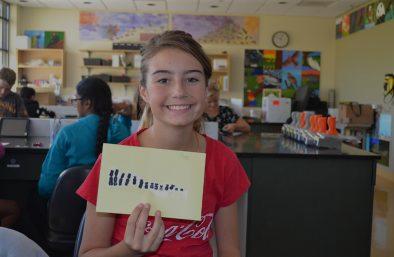EduCashu School Visits Program: Exploring Manu National Park with school students
The Cocha Cashu Biological Station (CCBS) is a hub for knowledge, learning, and science at the heart of Manu National Park (MNP). The CCBS has attracted researchers for decades and over the past five years it has gathered Peruvian university students in an annual three-month field course. However, a less specialized public that used to stop by the Station for only brief visits now has the opportunity to spend more time at the CCBS within a structured program. We developed this school visits program throughout 2017 and we are already planning the next step for 2018.
The CCBS provides a wonderful opportunity for local schools to explore the area for educational purposes. School visits to the CCBS are intended to motivate students to engage with science, to acquire a deeper understanding of local species and social and ecological processes, and to reframe the participation of the schools in conservation. In order to achieve these goals, we began conversations with schools and regional authorities to develop a 3-night, 2-day itinerary for visits. At the beginning of July, we received our first group, of teachers who work at the local schools. This was a strategic kick-off which enabled us to show them how we can align our work with the formal education system. This visit also allowed us to understand the teachers´ needs and expectations regarding environmental education and science.
After the initial visit, we decided to target students of older years of elementary school and high school. They come from local communities of different backgrounds: indigenous and non indigenous, from within the MNP territory and from the buffer zone, from the highlands and from the lowlands. What they have in common is their direct dependence on the land and their geographical proximity to the Park.
Our program of activities for the visits is flexible depending on the level of literacy of the school students, the interests of the teachers and students, the researchers and staff we have in the station during each visit, and the changing weather of the tropical rainforest. We developed a curriculum based around activities stemming from core topics like tropical rainforest ecosystems, protected areas, photosynthesis, culture, community, other important processes for the ecosystem, amongst others.
During the visits we explore the trails around the CCBS, looking for answers to the mysteries of the productivity and biodiversity of the tropical rainforest. We also take turns to explore the oxbow lake at dusk, practicing the skill of using binoculars and seeking the representative birdlife on the lake. The students become botanists for a day, learning about research methods to identify vegetation and discovering how maths is applied in data collection and analysis. They even get the chance to use their storytelling skills while learning about animal classification, trophic cascades, and field techniques to work with terrestrial fauna.
These visits also create a space to develop relationships between the tropical rainforest and local culture. We take special interest in providing opportunities for teachers and students to learn about the local knowledge carried by the elders of their own community. Before they come to the CCBS they carry out interviews with their elders who are keepers of the traditions and stories of each community and bring the recordings to the station for in-depth discussion.
At the same time, we try to involve researchers and staff working at the CCBS in knowledge exchange with the school students. Researchers often share the methods and results from their own research through presentations or take the students on field trips. The CCBS staff, who come from diverse indigenous and non indigenous backgrounds, share their knowledge based on their life experiences and cultures. It creates a great environment for the students to learn directly from the experts and the forest.
The experience with the student visits so far has been a fantastic journey. We cannot wait for the next school year to start so we can continue to welcome young visitors to the CCBS.

